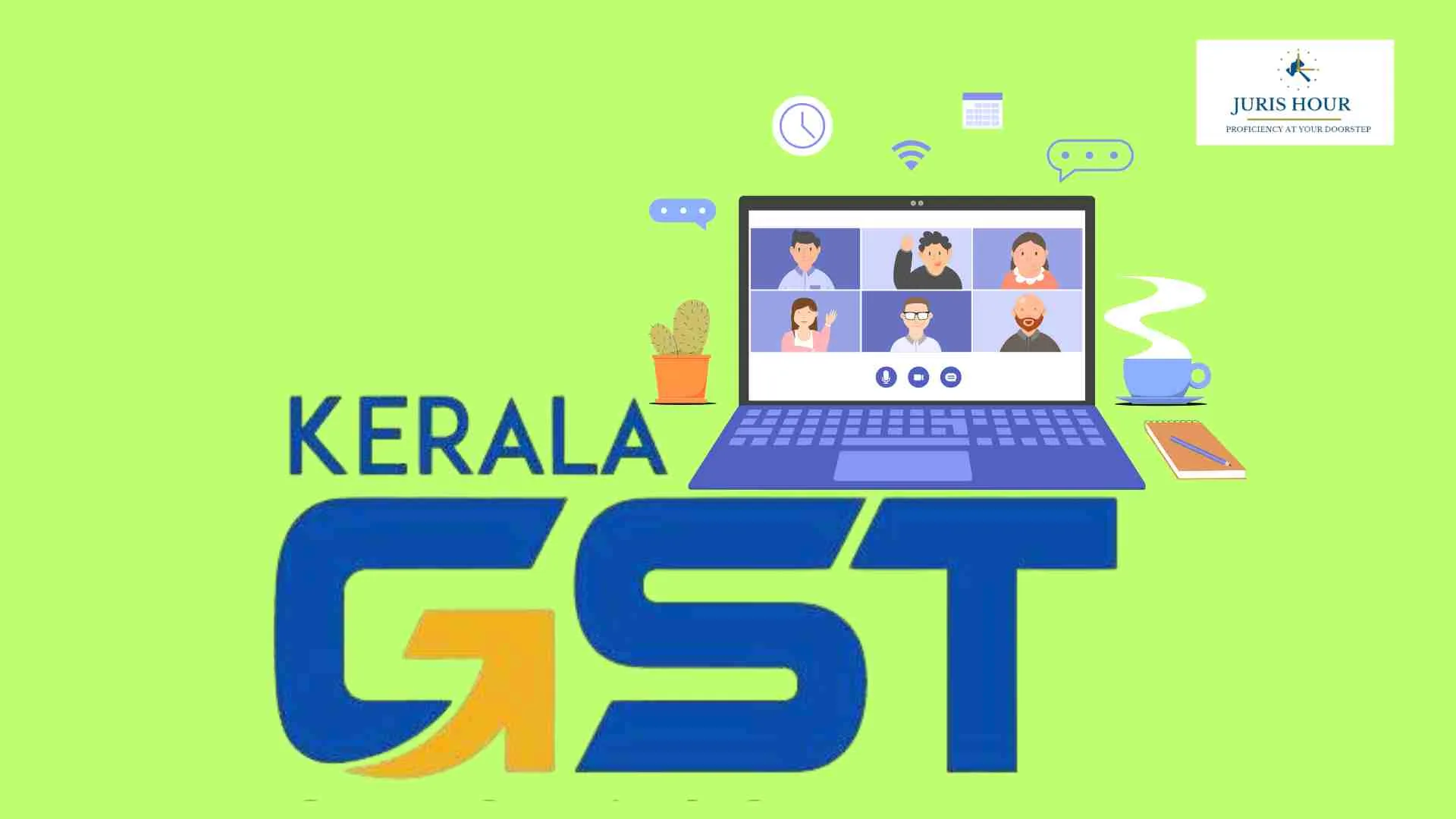Kerala GST Dept. Issue Instructions On Video Conferencing Option For Personal hearing

Kerala GST Dept. Issue Instructions On Video Conferencing Option For Personal hearing
The Kerala GST Department has issued the instructions on video conferencing options for personal hearing.
A personal hearing serves as a crucial safeguard, ensuring that individuals or entities facing tax charges or penalties have the opportunity to present their case. It becomes especially important in situations where an adverse decision si anticipated, allowing
taxpayers to submit evidence, arguments, and explanations before a final order is issued.
Upholding the principles of natural justice, it guarantees that those affected are heard before any decision is made. The Act explicitly mandates a personal hearing upon a written request from the charged party or when a decision with potentially adverse consequences is under consideration.
In many instances, taxpayers or their authorized representatives request adjournments due to difficulties in attending a personal hearing on the allotted date and time, leading to
unnecessary delays in the adjudication or appeal process. In the digital age, these challenges can be significantly mitigated by transitioning personal hearings from physical to virtual mode. This shift would not only enhance taxpayer convenience but also ensure the timely finalization of adjudications. However, in exceptional cases where a virtual hearing is not feasible due to technical or other constraints, or if a taxpayer specifically requests a physical hearing in writing, necessary arrangements can be made to facilitate the same.
In order to ensure the timely disposal of cases and in the interest of effective tax administration and revenue management, all adjudicating and appellate authorities era directed to conduct personal hearings through video conferencing, except in the exceptional circumstances outlined earlier. The authorities must adhere to the following guidelines to ensure a smooth and transparent process.
The date and time of hearing along with a link for the video conference with meeting di and password shall be informed in advance to the taxpayer or their
consultant/counsel through the official email or electronic media of the adjudicating authority/appellate authority, giving the details of officer-in- charge who would provide assistance to the party, for conducting the virtual hearing. So also an intimation by phone / SMS may also be given to the taxpayer to ensure his presence.
The link should not be shared with any other person without the approval of the adjudicating/appellate authority.
The notices for personal hearing issued by the Department shall also be served through email in all cases where email id si available to enable the taxpayers to access the notices without delay.
Using these credentials, the taxpayer or his representative or both of them can attend the hearing. To facilitate this, the taxpayer or his representatives may be instructed to confirm his appearance in advance by reply email.
The advocate/ consultant/ authorized representative, appearing on behalf ofthe party, in virtual hearing, should file his authorization letter along with a copy of his photo ID card and contact details to the above-mentioned authority/authorities through the official e-mail address of the concerned authority after scanning the same.
Virtual hearing through video conference shall be held from the office of the said authority using desktops or laptops or tablets or phones or through any video conference facility set up in the office.
The virtual hearing through video conference will be conducted through any available secured applications mutually decided by the authority concerned and the taxpayer. The taxpayer/ representative should download such application ni their Desktop/Laptop/mobile phone beforehand for ready connectivity during virtual hearing, and join the video conference at the time allotted to them, as mentioned above.
In case where the party/ his representative wishes to participate in the virtual hearing proceeding along with their advocate, they should do so under proper intimation to the adjudicating authority/appellate authority as mentioned at point (iii) above. They may participate in virtual hearing along with their advocate/ authorized representative or join the proceedings from their own office.
The submissions made by the appellant or their representative through the video conference will be reduced in writing and a statement of the same will be prepared, which shall be known as 'record of personal hearing' hearing note'. A soft copy of such record of personal hearing in PDF format will be sent to the taxpayer through email ID provided by the taxpayer/ representative, within one day of such hearing.
If the taxpayer/their representative wants to modify the contents of e-mailed 'record of personal hearing note,' they can do so and sign the modified record, scan and send back the signed 'record of personal hearing'/hearing note' to the adjudicating authority/appellate authority.
If, however, the taxpayer/their representative do not resend the above e-mailed 'record of personal hearing'/'hearing note' within 3 days of receipt of such e-mail, it will be presumed that they agree with the contents of e-mailed 'record of personal hearing'/hearing note' and adjudicating/appellate authority will proceed to decide the case accordingly. No modification in the e-mailed 'record of personal hearing note’ will be entertained after 3 days of its receipt by the taxpayer /their representative. The date of receipt of the email by the adjudicating
authority/ appellate authority will not be counted for this purpose.
.xi The 'record of personal hearing note' submitted in this manner shall be deemed to be a document for the purpose of relevant statutes under which the hearing is conducted read with Section 4 of the Information Technology Act, 2000.
If the taxpayer/representative prefers the authority to consider any document including additional documents during the virtual hearing, he may do so by sending the scanned copy of such self-attested document via official mail to the authority concerned before virtual hearing.
Any official representing the Department's side can also participate in the virtual hearing through video conferencing.
Circular Details
Circular No. 07/2025-Kerala GST
Date: 14/03/2025
Read More: GST Amnesty Scheme: Kerala GST Dept. Issues Instructions On Waiver of Interest/Penalty


